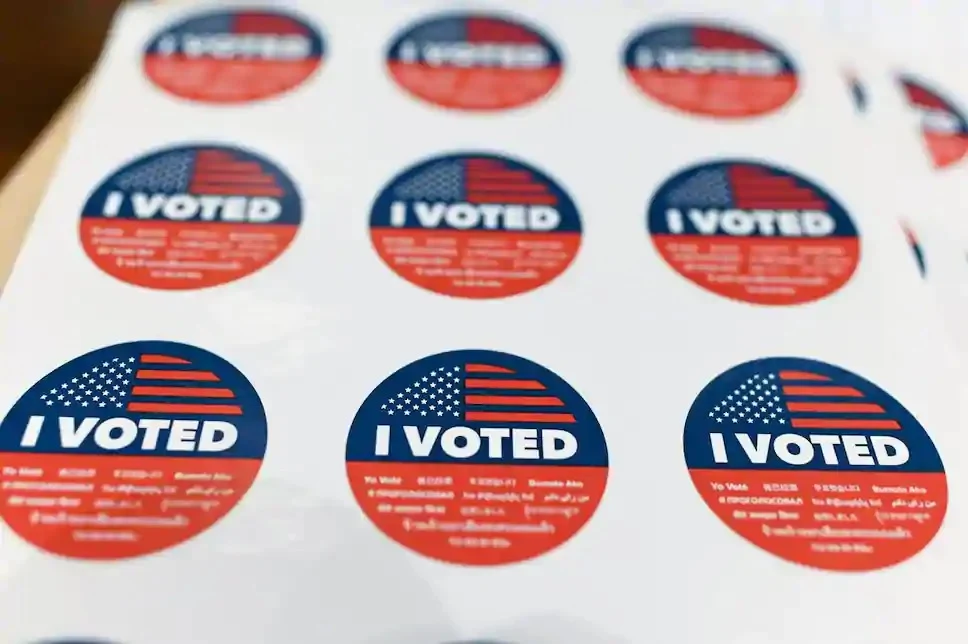Almost one in two Americans will not vote
While there have been a few good years for the turnout, it has generally been declining for the last 30 years, with many Americans, it is believed, preferring to shun the most influential democratic exercise.
Again on Wednesday, President Barack Obama focused part of his speech on the need to travel to register his vote. I do not know if the current context or the intervention of the first black president will be enough to stimulate nearly half of the population who does not exercise their privilege.
If, on Tuesday, I wondered what could explain the indecision of 2 to 5% of those who will vote, I also wonder about the reasons given to justify such a high number of abstentions. Indifference or ignorance? There is much more to it.
These days, many media or political analysis platforms are questioning the phenomenon, and there are some interesting answers. The organization Global Citizen lists five main factors why a citizen chooses to ignore polling day.
At least two of the factors presented are based on a low level of confidence in the system. Either we abstain from voting because we believe that our vote is useless, or we consider that the political parties and the candidates ignore us. You can't find your account in people or platforms.
More worrying perhaps, other factors are linked to the fact that voters are not offered favorable conditions for exercising the right to vote. In certain situations, it could easily be corrected if all the stakeholders involved honestly wanted a higher participation rate.
US elections are always held on the Tuesday following the first Monday in November. The formula is simple and the benchmark obvious to everyone. But is voting in the middle of the week the best way to ensure the participation of the greatest number?
Elsewhere in the world, we often vote on Sundays. In addition, not all US states promote mail-in voting. We are seeing it especially this year, when the pandemic makes it difficult for everyone.
Worse than the timing of voting, certain requirements of too many states mean that people who would like to vote are not able to do so! There are currently 21 million Americans who are unable to obtain the identification necessary to register on the electoral roll.
How is it possible? A question of costs, accessibility to the identification service, transport, age or information. In the 21 st century, this great power does not ensure that everyone, especially the oldest and most in need, is able to exercise a fundamental right.
The POLITICO site, inspired by a study by the Knight Foundation, has managed to establish a typical portrait of the person who does not exercise his right to vote. This is a person whose income is low or modest, who suffers from insecurity at work, often from a minority, who struggles to make ends meet between two paydays and who has little time to obtain information. .
Because their electorate is not made up primarily of this clientele, Republicans are regularly accused of not making enough efforts to promote participation or, worse, they are accused of doing everything to curb it.
Democrats also face their share of criticism. Growing in popularity with intellectual and cultured elites, the party would seem to take for granted that everyone has access to a good education and that all potential voters are well informed, both of the issues and the procedures.
Can you imagine if 21 million more people spoke on November 3? The results could be turned upside down and the potential surprises would be many. But, of that, we speak too little ...



